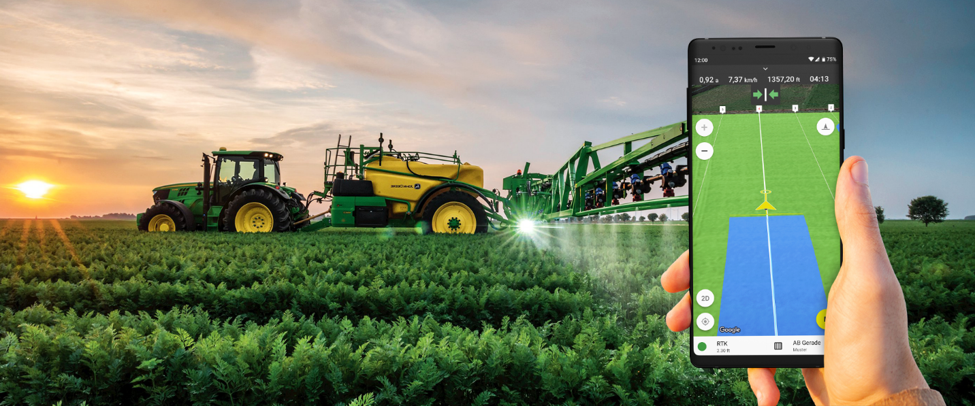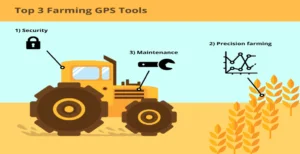Agriculture
GPS trackers are used in a variety of industries, and one of the most beneficial applications is in agriculture. Precision farming is now being adopted worldwide to increase yields and reduce costs by using technology. GPS trackers are one of the key technologies in precision farming, allowing farmers to track their equipment, livestock, and even the weather.
The secret to selling farmer GPS tracking is to educate farms on the correct topics, including:


Theft:
While it’s true that farmers don’t drive their vehicles very far, thieves will!One of the unfortunate farming challenges is protecting equipment from theft.Farmers lose much more money from losing productivity and replacing vehicles.
In summary, GPS tracking for tractors should not be about tracking worker location. Instead, it should be focused on protecting equipment from theft.
Usage:
Farmers are adopting GPS technology to enhance productivity and improve crop yield. While traditional methods rely on historical data for planning, precision farming using sensors and GPS mapping has become the modern approach. By collecting real-time data on soil, climate, and plant conditions, farmers can make informed decisions and optimize their farming practices. This technology saves time and leads to higher crop yields.
Maintenance:
Another big part of equipment management is tracking maintenance. According to studies, keeping a regular maintenance schedule reduces repair costs by 25%
One of the best ways to realize those 25% savings is to change your oil. In order to avoid costly repairs, Company recommends tracking oil changes. Although farmers find it tedious to update oil change schedules, fleet tracking programs simplifies the work by auto-creating work schedules. Diesel fuel creates acidic build up, which damages equipment parts.

Here are some ways GPS trackers can help in agriculture:
- Crop management: GPS trackers help farmers track the growth of crops and analyze the yield to make informed decisions. They can also monitor the soil’s moisture and nutrient levels, and adjust irrigation and fertilization schedules accordingly.
- Equipment/ Vehicle Tracking: GPS trackers can be installed on farming equipment to monitor their location, usage, and maintenance requirements. This allows farmers to optimize the use of their equipment, reduce fuel consumption, and prevent theft.
- Livestock management: GPS trackers can be used to monitor the location and health of livestock. This can help farmers ensure that their animals are getting enough food and water, and that they are not exposed to dangerous weather conditions.
- Weather monitoring: GPS trackers can also be used to monitor weather patterns and provide real-time data on temperature, humidity, and wind speed. This information can help farmers make informed decisions about planting, harvesting, and other critical farming activities.
- Pest control: GPS trackers can be used to monitor the movement of pests in the fields. This allows farmers to identify areas that are at risk and take appropriate measures to prevent infestations.
In summary, GPS trackers have become an indispensable tool for modern agriculture. They allow farmers to optimize their operations, increase yields, and reduce costs. By leveraging the benefits of GPS technology, farmers can improve the efficiency and sustainability of their farming practices.
